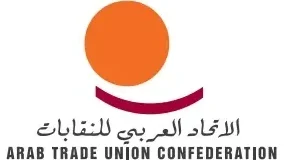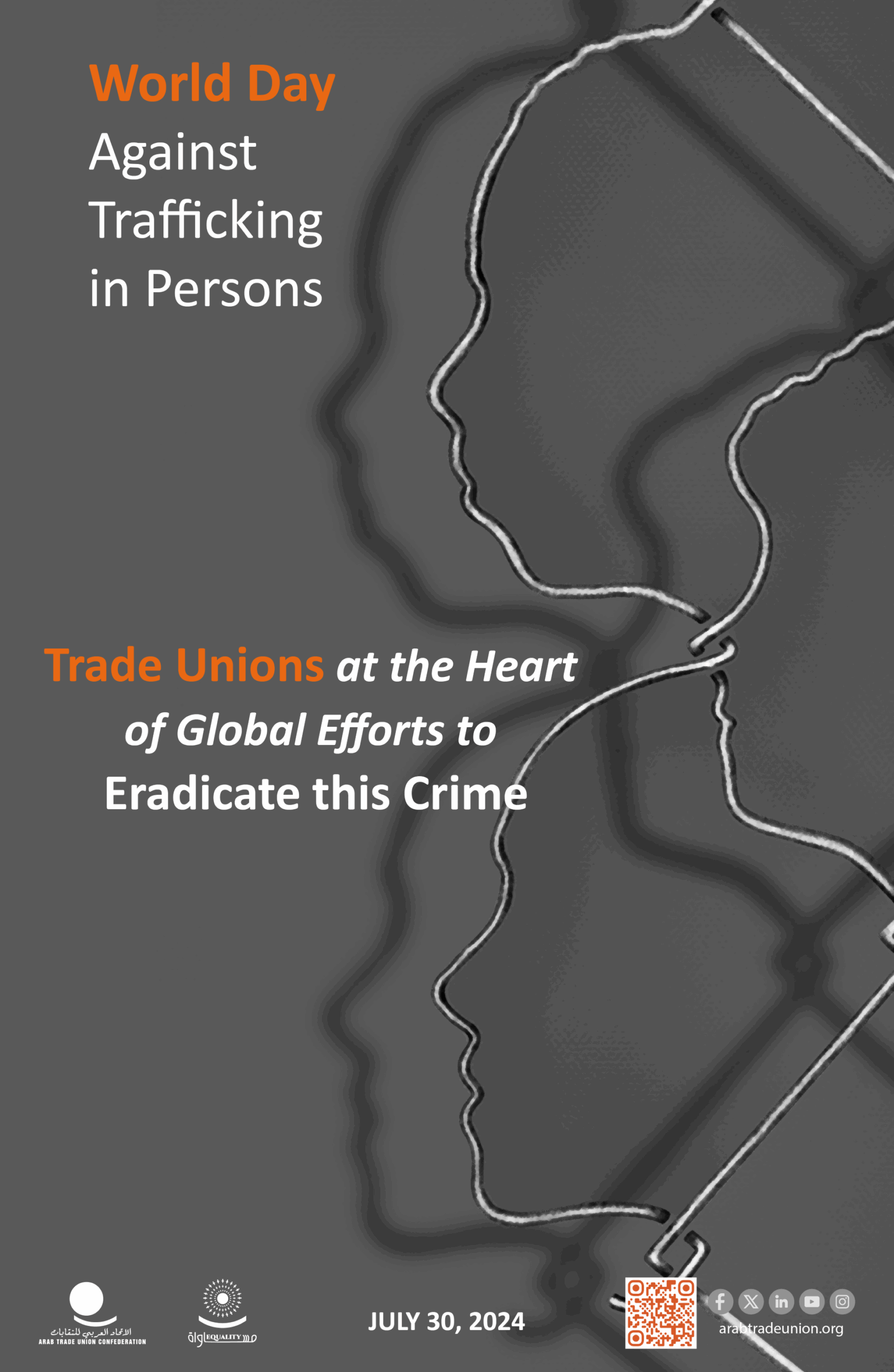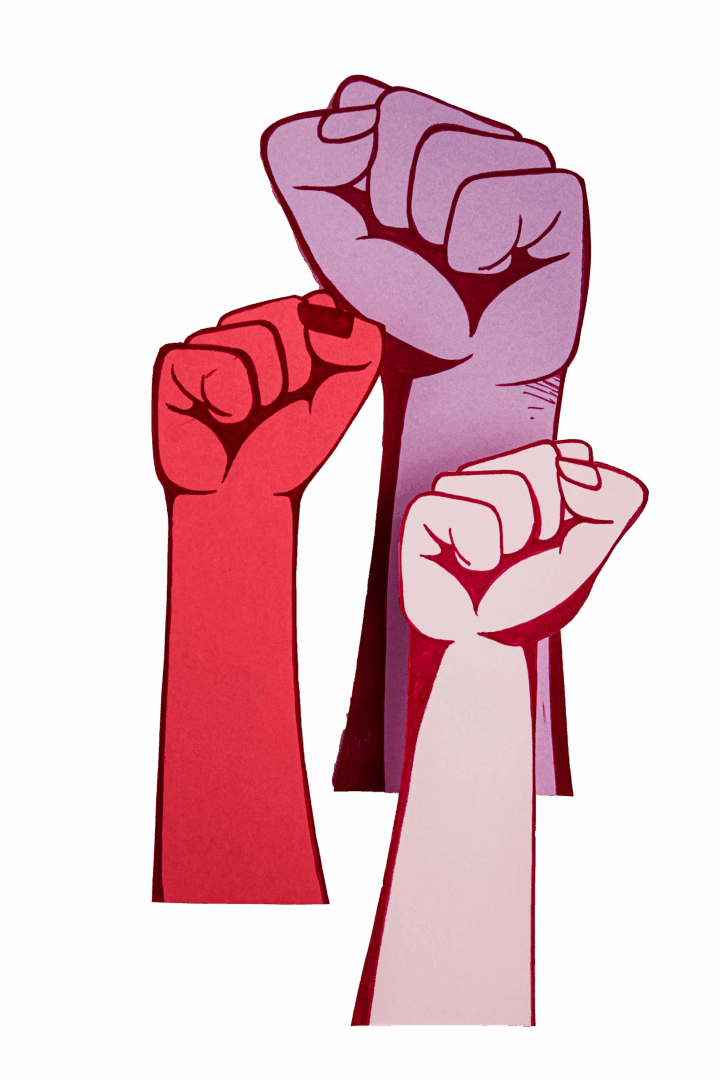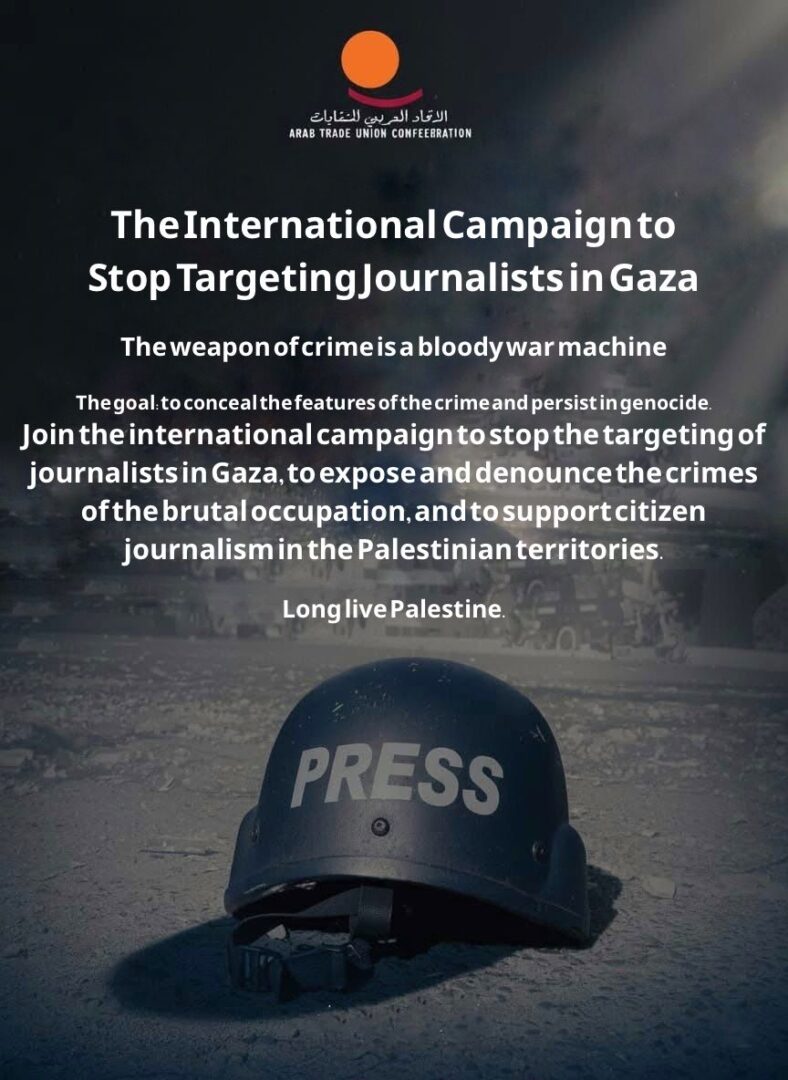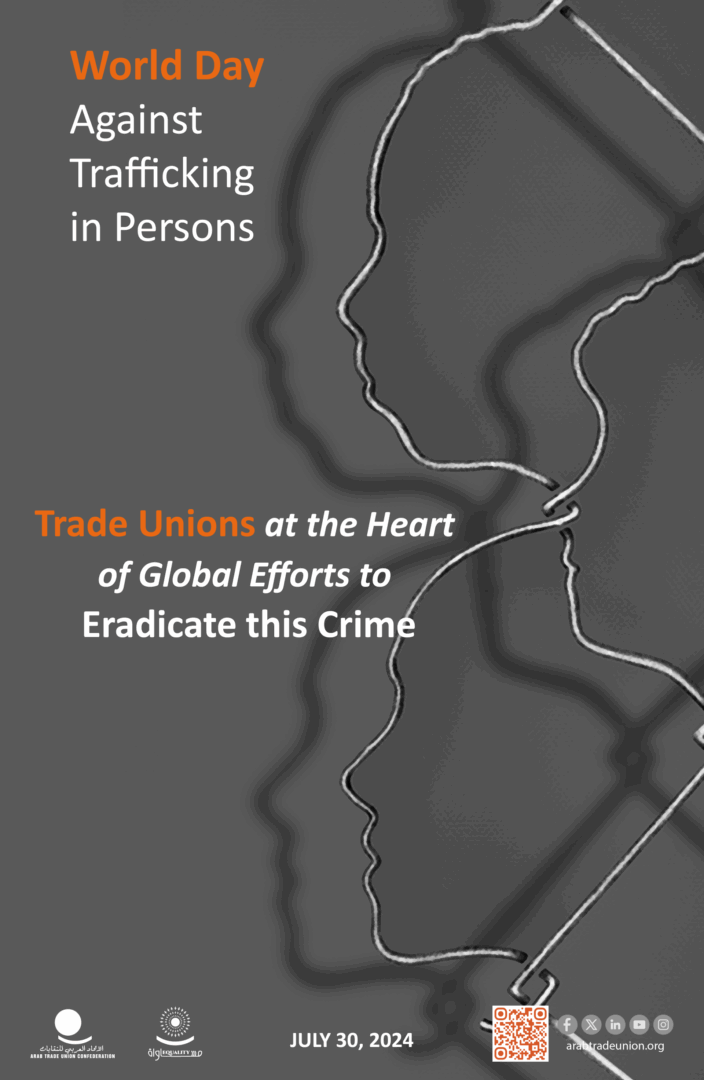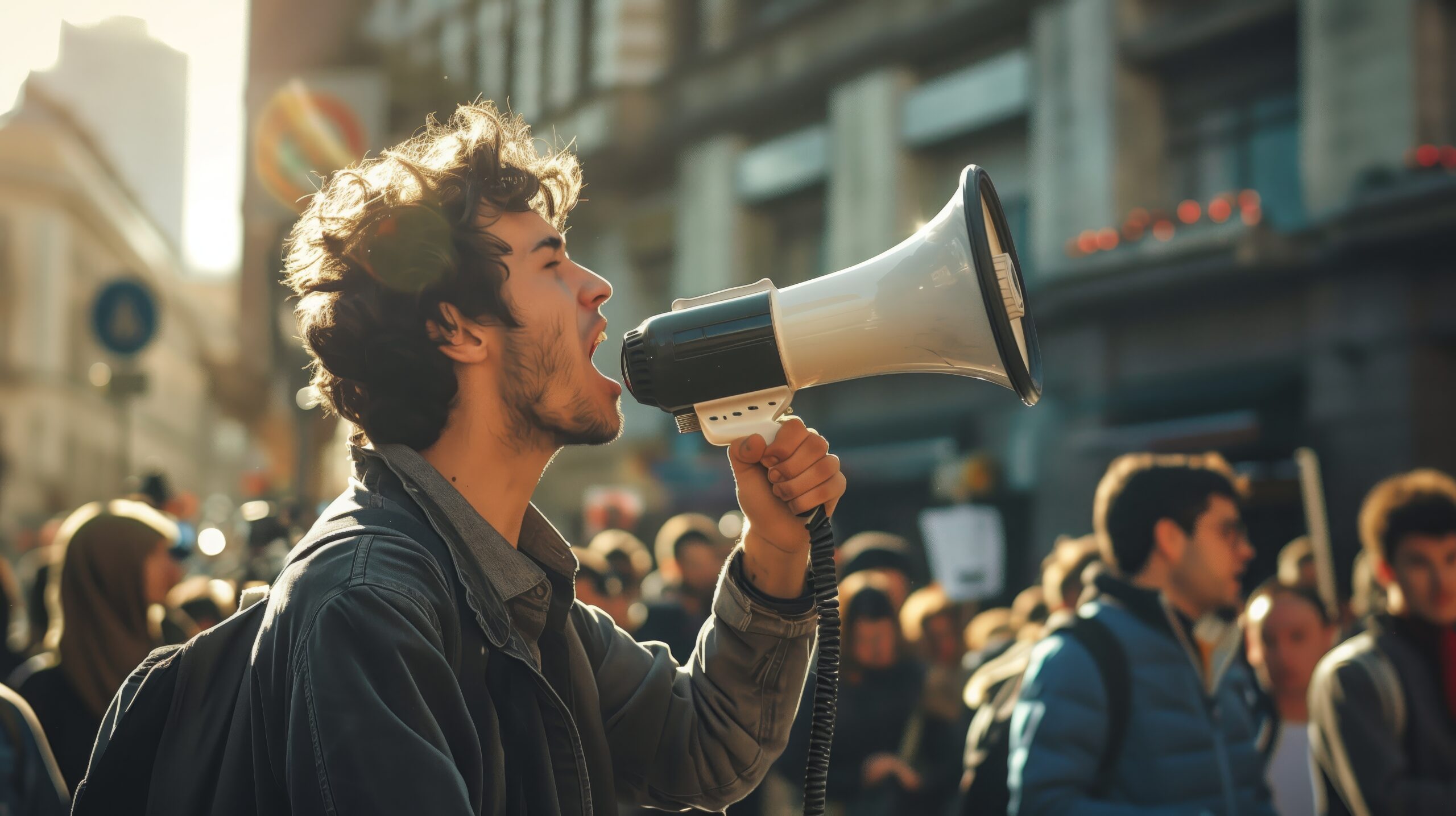World Day Against Trafficking in Persons: Trade Unions at the Heart of Global Action to Eradicate This Crime
Convention No. 29 on Forced Labour defines forced labour as “all work or service which is exacted from any person under the menace of any penalty and for which the said person has not offered himself voluntarily.” This Convention, ratified by 181 countries, is complemented by a comprehensive normative arsenal aimed at combating and eradicating this scourge. These include the Abolition of Forced Labour Convention, 1957 (No. 105); the Labour Inspection Convention, 1947 (No. 81); the Labour Inspection (Agriculture) Convention, 1969 (No. 129); the Private Employment Agencies Convention, 1997 (No. 181); the Migration for Employment Convention (Revised), 1949 (No. 97); and the Migrant Workers (Supplementary Provisions) Convention, 1975 (No. 143).
Human trafficking is a grave crime and a flagrant violation of human rights. Every year, thousands of men, women, and children fall victim to traffickers, both in their own countries and abroad. This scourge affects nearly every country in the world—whether as a country of origin, transit, or destination.
The United Nations Office on Drugs and Crime (UNODC), as the custodian of the United Nations Convention against Transnational Organized Crime (UNTOC) and its associated protocols, plays a crucial role in supporting states in their efforts to implement the Protocol to Prevent, Suppress and Punish Trafficking in Persons. Known as the Palermo Protocol, this treaty forms the foundation of international cooperation to combat trafficking in all its forms.
Combating human trafficking requires an integrated and multi-stakeholder approach that involves not only governments but also civil society, international organizations, and the private sector. Together, these actors can create a safety net of protection and support for victims.
This year’s global campaign for the World Day Against Trafficking in Persons highlights the urgent need to step up efforts to eliminate child trafficking. Children make up a significant proportion of trafficking victims worldwide, with victimization indicators especially high among girls. According to the UNODC’s Global Report on Trafficking in Persons, children are twice as likely as adults to experience violence during exploitation. They are subjected to various forms of trafficking, including forced labor, participation in criminal activities or forced begging, illegal adoption, recruitment into armed groups, and sexual and online exploitation.
Amid multiple crises such as armed conflicts, pandemics, economic hardship, and environmental challenges, children are becoming increasingly vulnerable. Furthermore, the rise of online platforms introduces new risks, as children often access these spaces without adequate protection. Traffickers are increasingly exploiting these platforms, along with social media and the dark web, to recruit and exploit children, using technology to evade prosecution.
This year’s campaign calls for enhanced and coordinated action to protect children from these forms of exploitation. This includes improving detection and prevention mechanisms, increasing resources to support victims, enacting stricter legislation to punish traffickers, and raising public awareness. Educating children about online risks is also essential for protecting them from predators.
Trade Unions: A Stronghold Against Human Trafficking
The global adoption of excessively restrictive migration policies, including in the Arab region, exposes migrant workers to extreme vulnerability. These policies often force workers into informal jobs, deprived of protections regarding working conditions. This trend is gradually spreading in key economic sectors such as agriculture and construction.
The global trade union movement has identified domestic workers—particularly women—as among the most vulnerable groups to human trafficking. These workers are often denied decent working conditions and barred from organizing and bargaining collectively.
The global trade union movement affirms that freedom of association is a right for all workers, without exception, and is a powerful tool to defend their interests. This freedom also helps trafficking victims reclaim their dignity.
Accordingly, the International Trade Union Confederation (ITUC) and the Arab Trade Union Confederation (ATUC) have developed special programs for migrant workers living in precarious situations. They have placed the defense of these workers’ right to organize at the core of the Global Coalition for Social Justice agenda, alongside the issues of forced labor and child labor, to broaden the protection network and coordinate efforts with all stakeholders concerned.
It has become evident that current migration policies lack the full effectiveness required to prevent and combat human trafficking, especially in the absence of monitoring mechanisms across all stages of migration—from countries of origin to countries of destination.
To address this, the ITUC launched a global digital platform to monitor fair recruitment of migrant workers across the world. This platform uses direct surveys and interviews with domestic workers to trace employment methods and migration pathways. In the Arab region, ATUC is actively implementing this mechanism and has begun distributing surveys to domestic workers in Tunisia and Morocco, with plans to expand to other Arab countries.
